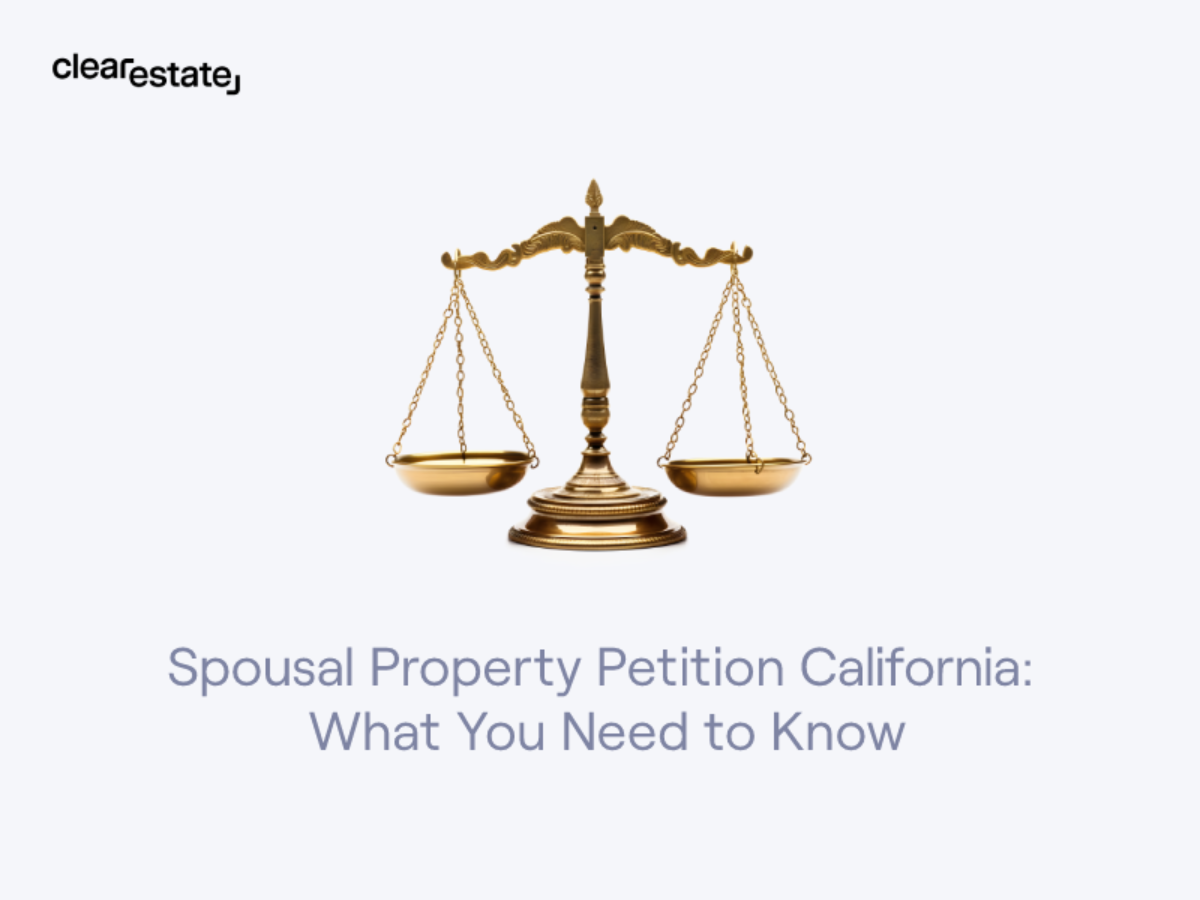For many marriages, the surviving spouse is a beneficiary of the decedent's property, so a Spousal Property Petition is appropriate. But, the probate process may still be necessary if other beneficiaries–children, siblings, parents, or friends–are involved.
Where there is no will or other estate planning document, intestate succession rules apply. In such a case, surviving spouses may not automatically receive all the deceased's assets.
If the Decedent Left a Will
Leaving a will can affect Spousal Property Petition proceedings. In most wills, the decedent's assets, including property, are distributed according to their wishes. As long as the will specifies that the property be transferred to the surviving spouse, the Spousal Property Petition usually runs smoothly.
A surviving spouse may face challenges if the will specifies a different property distribution. When facing such a situation, seeking professional advice from a lawyer who can help you explore your legal options is wise.
If the Decedent Died Without a Will
The situation can become more complex if the deceased spouse does not leave behind a will (intestate). In California, state probate code sections 6400-6455 govern asset distribution in intestate cases.
The surviving spouse often receives priority under these laws, but they can vary. To establish property ownership, the Spousal Property Petition becomes essential. To transfer property smoothly, you must follow the intestate succession in California legal guidelines.





